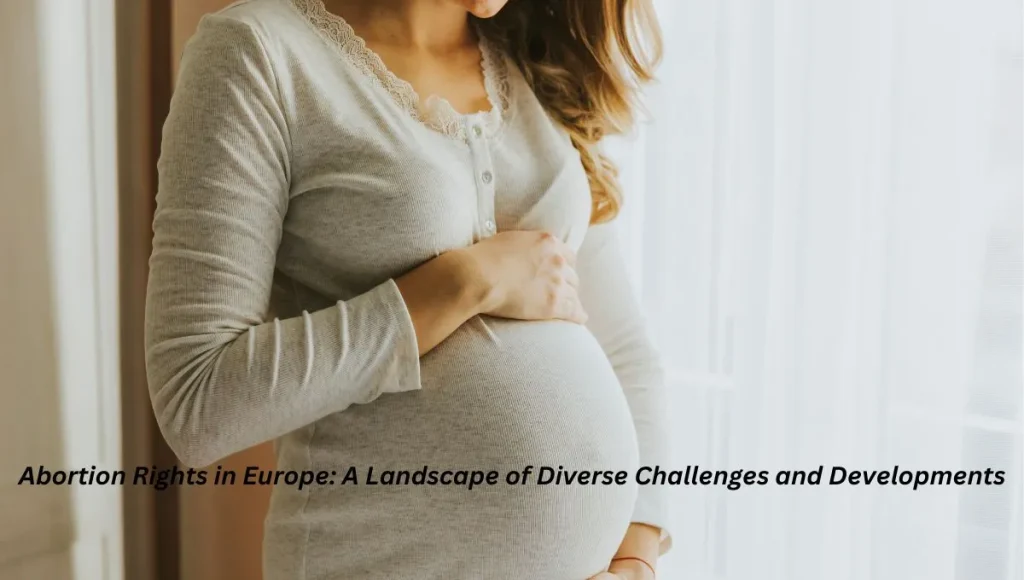In the wake of France becoming the first country to explicitly guarantee the right to abortion in its constitution, attention turns to the broader European context. With concerns about the rollback of abortion access in the United States, European nations are assessing their own situations, questioning the potential impact on their rights.

Abortion is generally legal across Europe, with governments gradually expanding access in more than 40 nations, each with varying rules on gestational limits. However, Poland stands out with stringent restrictions, predominantly due to its Catholic influence. Recent debates in Poland have highlighted divisions within the government, raising questions about potential changes through a referendum.
The United Kingdom, under the 1967 Abortion Act, allows the procedure up to 24 weeks, with later abortions permitted in specific circumstances. Discussions in the British Parliament about removing the relevant section of the 1861 law indicate a potential shift in attitudes.
The Western Balkans, shaped by the former Yugoslavia’s abortion rights established in the 1974 Constitution, still grapple with outdated laws. In Serbia, calls to revoke the right to decide on childbirth have emerged but remain on the fringe.
Malta, having eased its strict abortion laws, now permits the procedure if a woman’s life is at risk, with approval required from three specialists. This marks a significant change from the previous outright ban that carried criminal penalties.
Italy, resisting Vatican pressure, has allowed abortion since 1978, albeit with conscientious objection allowances. Meanwhile, San Marino decriminalized abortion in the first 12 weeks of pregnancy in 2022, ending its status as one of the last European states with an absolute ban.
Read also: Nikki Haley plans to stay in 2024 race as long as competitive before Super Tuesday
In Russia, despite legal and widespread availability, authorities have sought to restrict access, aligning with President Vladimir Putin’s emphasis on “traditional values.” Recent regional laws punishing those coercing women into abortions reflect an increasing pressure on abortion rights, exacerbated by geopolitical events such as the invasion of Ukraine in 2022.
As France solidifies its commitment to abortion rights within its constitution, the diverse landscape of abortion access in Europe remains subject to ongoing changes and debates. The interplay of political, religious, and cultural factors continues to shape the trajectory of reproductive rights across the continent.